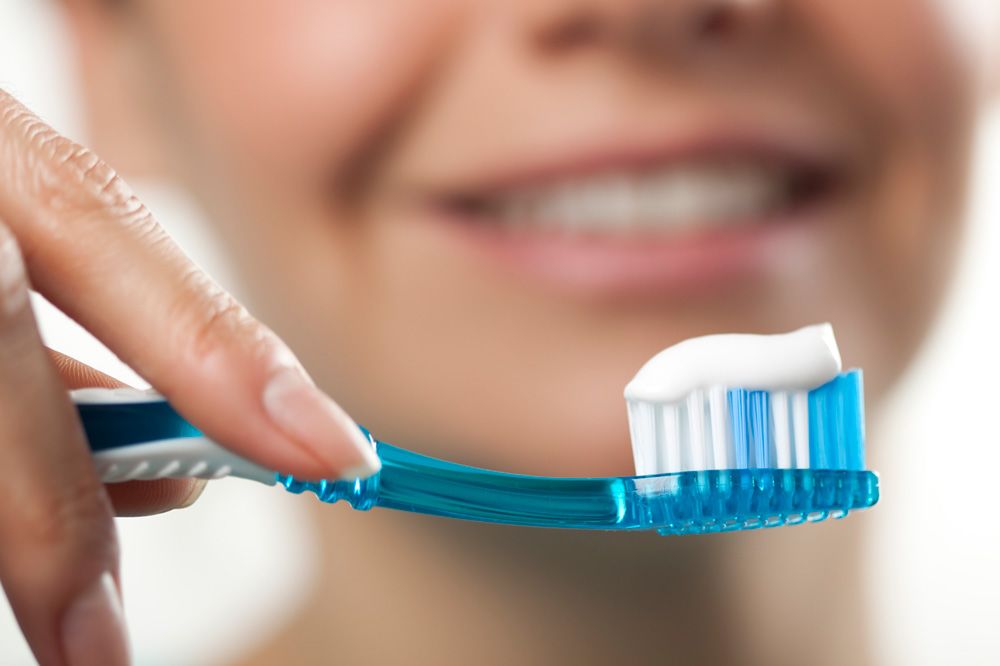Aggressive Tooth Brushing Can Lead to Dental Damage
 The team at our Ridgewood dental care practice believes that proper patient education is an important part of preventive care. That's why we stress good oral hygiene practices and total wellness to our patients. A little brushing and flossing today can prevent the need for prosthodontics to address tooth loss in the future.
The team at our Ridgewood dental care practice believes that proper patient education is an important part of preventive care. That's why we stress good oral hygiene practices and total wellness to our patients. A little brushing and flossing today can prevent the need for prosthodontics to address tooth loss in the future.
Believe it or not, there is a wrong way to brush your teeth. Let's take a moment to consider the kinds of dental damage that can be done when people don't brush properly.
Bad Oral Hygiene Does More Harm Than Good
If you're brushing too aggressively, you might not be improving your dental health. In fact, you may be causing a number of serious dental problems. Many people don't even realize it, but there's a common telltale sign: if your gums bleed or if you teeth are sore after brushing your teeth, you're being too aggressive.
There are two common kinds of dental damage associated with aggressive brushing: damage to the teeth and gum recession. Let's discuss each in a bit more detail.
Tooth Wear and Damage
When you brush too aggressively, it can take its toll on the tooth enamel. Forceful brushing can lead to the loss of tooth enamel as well as the formation of chips, cracks, and other sorts of fractures. This all leads to the exposure of the underlying dentin of the teeth, increasing your risk of tooth sensitivity, tooth decay, more severe fractures to a tooth, and root canal infections.
Gum Recession
When the gums are damaged, the gumline erodes. This lead to greater exposure of the tooth roots, which are meant to be protected by the gums. In addition to tooth sensitivity, gum recession can result in loose teeth, risk of root canal infection, and even tooth loss.
Flossing Can Lead to Similar Problems
We should also note that flossing too aggressively can lead to serious harm to the gums and teeth. As with aggressive brushing, soreness or bleeding after flossing is a sign you're doing it wrong.
Tips for Proper Oral Hygiene
Here are some simple tips for oral hygiene that will keep your smile clean without doing dental damage:
- Brush your teeth at least twice a day (ideally after every meal)
- Floss your teeth at least once a night (ideally after every meal)
- Use a toothbrush with soft bristles
- Use a toothbrush with a small head to access all angles of the teeth
- Vary your brushing motion, pattern, and angle while cleaning your teeth
- Be gentle and thorough while brushing and flossing
- Use a toothpaste that is not abrasive
Treatments for Dental Damage
If your teeth are damaged due to poor oral hygiene, dentists have many options for treatment:
-
Treatments for Damaged Teeth – To treat chips, cracks, and worn enamel, dental restorations may be used. This includes filings, inlays, onlays, and crowns.
-
Treatments for Damaged Gums – To treat gum recession, dentists may use gum grafting procedures, which rebuild the gumline using donor soft tissue or artificial gum tissue grafts.
Contact Ridgewood Dental Associates
If you would like to learn more about proper oral hygiene practices and making your smile looking its absolute best, be sure to contact our cosmetic and restorative dentistry center today. We are here to help you have healthy teeth and gums for years to come.







